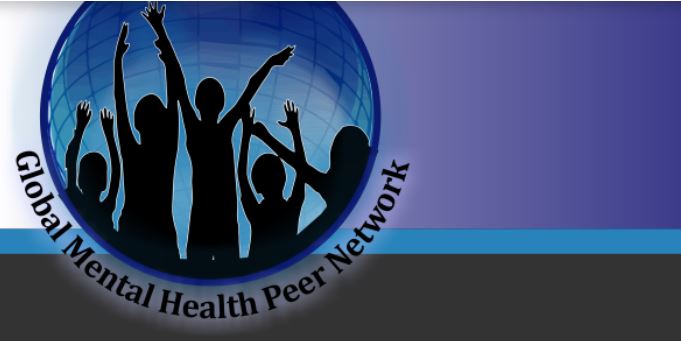A team of international researchers and healthcare professionals released an editorial calling for universal health coverage in the January 2021 edition of the Lancet Psychiatry. Through the Global Mental Health Peer Network (GMHPN) lens, they analyzed the lived experiences of many vulnerable individuals to demonstrate how far we are from actualizing global, universal healthcare.
The Global Action Plan is a framework endorsed by major global healthcare agencies to guide collective action to universal health coverage by moving towards Sustainable Development Goals. Despite this valuable framework, the WHO has indicated that we will fall well short of 2030 targets at our current pace. This challenge has been further exacerbated by the COVID-19 pandemic, which has demonstrated the fragility and the myopia of our healthcare systems.
 The GMHPN believes that highlighting people’s lived experiences across the globe will demonstrate that universal healthcare must include those most vulnerable. The authors, through case studies, demonstrate the importance of lived experience:
The GMHPN believes that highlighting people’s lived experiences across the globe will demonstrate that universal healthcare must include those most vulnerable. The authors, through case studies, demonstrate the importance of lived experience:
- In Africa, the lack of public healthcare options, cost, the stigma of mental health, and the lack of universal healthcare highlights the need for more comprehensive and affordable care. GHMPN members in Kenya and Ethiopia indicated citizens are often forced into involuntary institutionalization or the care of family and friends when faced with a mental health crisis. This often causes individuals to get left behind socially and economically.
- In Brazil, members of GMHPN indicate that there exists a series of intersecting structural barriers that prevent the actualization of universal healthcare, including housing vulnerability, healthcare accessibility, lack of safe water, and economic and agriculture practices. The global pandemic has further complicated these challenges.
- A GNPHN member from India shared a story of a woman with anxiety who, when she contacted a peer support worker in need of mental health care, was informed that the nearby psychiatric ward had been converted to a COVID ward, leaving her with no options for accessible mental health care.
- A Romanian GMHPN member shared that their mother, who has ‘treatment-resistant depression,’ lost consciousness while at a public psychiatric hospital, causing head and back injuries. Despite the seriousness of the situation, she did not see a doctor for five days and only got the help she needed when the member themselves took their mother from the hospital.
“It is evident from these perspectives that we must aim higher than the prescribed targets and indicators of the Global Action Plan as we work towards the 2030 goal of achieving [universal healthcare],” the authors reflect.
“Reaching these metrics will not be the finish line. Countries must go beyond achieving [universal healthcare] and demand that universal health systems be built on recovery foundations that combine social justice and person-centered responses. At their core, these solutions must include the perspective of lived experience because this will allow us to reshape the health-care systems that have been historically Eurocentric in their mission.”
The authors conclude by offering several case studies of effective solutions to the healthcare gap:
- Hacienda of Hope, an organization based in Los Angeles, offers individuals a free space to stay and work on personal growth and wellness as an alternative to emergency hospitalization. The center is non-clinical and is staffed by peers who have lived experience of mental health challenges.
- Mental Health America is a community-based nonprofit focused on addressing the needs of those living with ‘mental illness.’ Through its 200 affiliates and associates across the country, it aims to protect the rights and dignity of those with lived experience of mental illness. They specifically seek to support Black, Indigenous, people of color, and LGBTQ+ populations.
- The Rio de Janeiro State Department of Health is developing a pilot project called Equity Agents to reduce the mental health gap. It seeks to involve people with mental health conditions or severe mental illness, refugees, people who live in favelas, BIPOC individuals, people without homes, the Quilombola community, ex-prisoners, and the LGBTQ+ population in relevant policy-making decisions.
“It is vital that mental health systems worldwide consider the perspective of lived experience in its formulation and execution,” the authors conclude. “Anything less does everyone a disservice.”
****
Stewart, H. L., Jackman, M., Agarwal, S., Abanga, M. A., Kyalo, C., Mkorongo, A., … & McIntosh, K. (2021). Perspectives of lived experience across continents: our reality and call for universal health coverage. The Lancet Psychiatry, 8(1), 6-8. (Link)















Encouraging participation in “mental health” activities is mystifying and misleading. “Content” is secondary.
Report comment